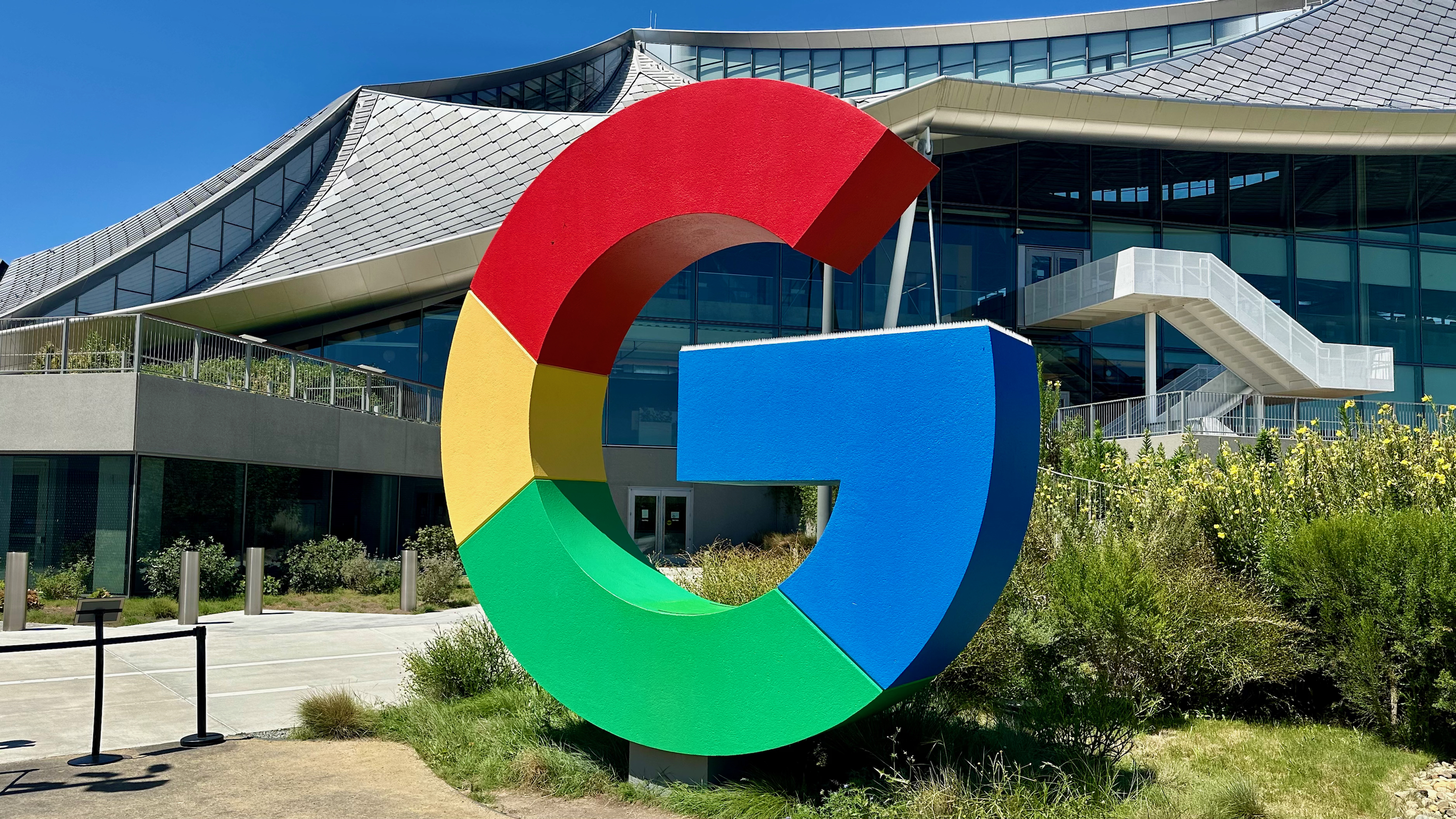
What you need to know
- Google is pushing back against the DOJ, calling its plan to break up Google Search an "extreme" move.
- The DOJ’s 23-page proposal came after a court ruled that Alphabet broke antitrust laws by paying Samsung and Apple to keep Google as the default search engine.
- The DOJ wants Google to divest Chrome, arguing it would give other search engines a shot at competing.
- Google’s Kent Walker warns the plan could hurt user privacy, security, and product quality.
Google has hit back at the U.S. Department of Justice, accusing it of pushing a "radical interventionist agenda" to break its search business.
According to a report from Associated Press, the DOJ has made it official—it’s coming for Google’s search monopoly. After Judge Amit Mehta ruled against the tech giant, the DOJ issued a 23-page proposal detailing its plan to force Google to part ways with Chrome and tighten the reins on Android.
Back in August, a U.S. court called out Alphabet for throwing billions at Samsung and Apple to keep Google as the default search engine. Judge Mehta ruled the tactic straight-up broke antitrust laws.
The DOJ argues that cutting Chrome loose would strip Google of a key internet gateway, giving rival search engines a fair shot to compete.
Alphabet isn’t backing down from what it calls the DOJ’s “extreme" proposal. Kent Walker, Google’s global affairs chief, argued that splitting off Chrome and Android could hurt user security, privacy, and the overall quality of their products.
Walker raised concerns that the DOJ’s plan might force Google to share sensitive info—like proprietary tech and even personal search queries from millions of Americans—with unknown entities at home and abroad.
He also slammed the DOJ’s proposal for adding extra steps for Pixel users, requiring two separate choice screens just to get to Google Search.
Walker also warned that the DOJ’s plan could leak trade secrets to foreign companies, slow down AI progress, and have major negative effects on the global tech landscape.
The DOJ’s proposal goes way beyond what the court decided, targeting not just Google Search but a whole range of beloved Google products used around the globe, Walker wrote.
The DOJ has been taking aim at Alphabet’s habit of pre-installing Google products on Android, suggesting both "behavioral and structural fixes" to stop Google from using its power in Chrome, the Play Store, and Android to unfairly push Google Search.







